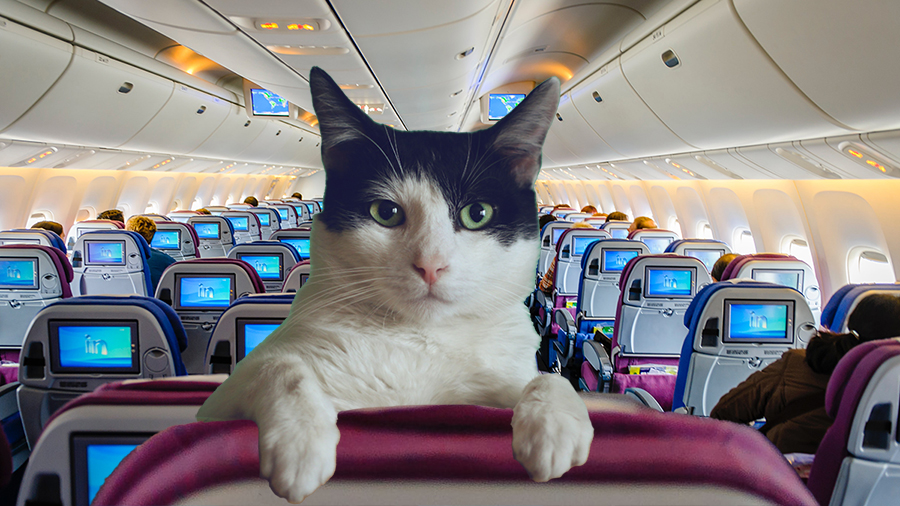Around the World with Fluffy and Fido

As most of us start returning to normal (well, at least a “new” normal), a lot of us are starting to make plans for new adventures to new places. For those of you who want to take your furry family members, your first thoughts may be about what size carrier you will need, or if your pets will need something to calm their nerves. But first and foremost, you should familiarize with yourself with this website:
https://www.aphis.usda.gov/aphis/pet-travel
That’s because the almost every animal that crosses international borders needs approval from the federal government, the U.S. Department of Agriculture Animal and Plant Health Inspection Service to be specific. Each nation on the planet has its own set of requirements for an animal to enter that country, and a USDA-certified veterinarian needs to sign off that your pet has met those requirements.
This process can be as simple as keeping a rabies vaccine up to date (Germany) or as complicated as sending blood samples across the globe to be tested for certain diseases well before their little paws get anywhere near the airport (South Africa). It can sometimes take months of preparation (Hawaii and Australia), or strict time frames that require multiple pet visits (England).
Luckily, all the doctors at the Medical District Veterinary Clinic have USDA certification to complete these health certificates, and we can help guide you through the process making sure you cat or dog can safely travel.
But there are a few things that we ask of you:
- Notify our clinic as soon as you have any inclination that you may want to travel with your pet. This process is T-E-D-I-O-U-S, it takes a lot of our time to ensure that your pet has everything it needs, and especially if you have let your pet become overdue for vaccines, it can add months to prepare your pet for travel.
- Understand that this can be costly. It takes a lot of people and time to ensure that your pet qualifies to travel. The bureaucracy can be very frustrating, but remember that it is in place to ensure the same transport for not only your pet, but for the public as a whole. Plus, some countries require tests that can cost several hundred dollars (Aloha, Hawaii and Australia!).
- Plan to do some legwork on your own. Since COVID, the USDA APHIS office has gone digital in many ways. All paperwork has to be submitted electronically and then mailed back to you. That means you’ll have to provide a rabies certificate (if we haven’t vaccinated your pet) and a pre-paid shipping label in PDF form to be digitally submitted.
Finally, if all of this makes you go cross-eyed, there are companies that will help you through this whole process. They can make your life and ours a lot easier too.
Happy travels and, before I sign off, I’d like to say “Welcome!” to our new doctors, Dr. Valbuena, Dr. Barragan, and Dr. Calderon! I am beyond excited to have the opportunity to work with these exceptional veterinarians.
— Dr. Alyssa Kritzman
